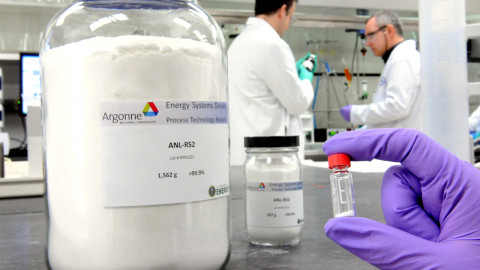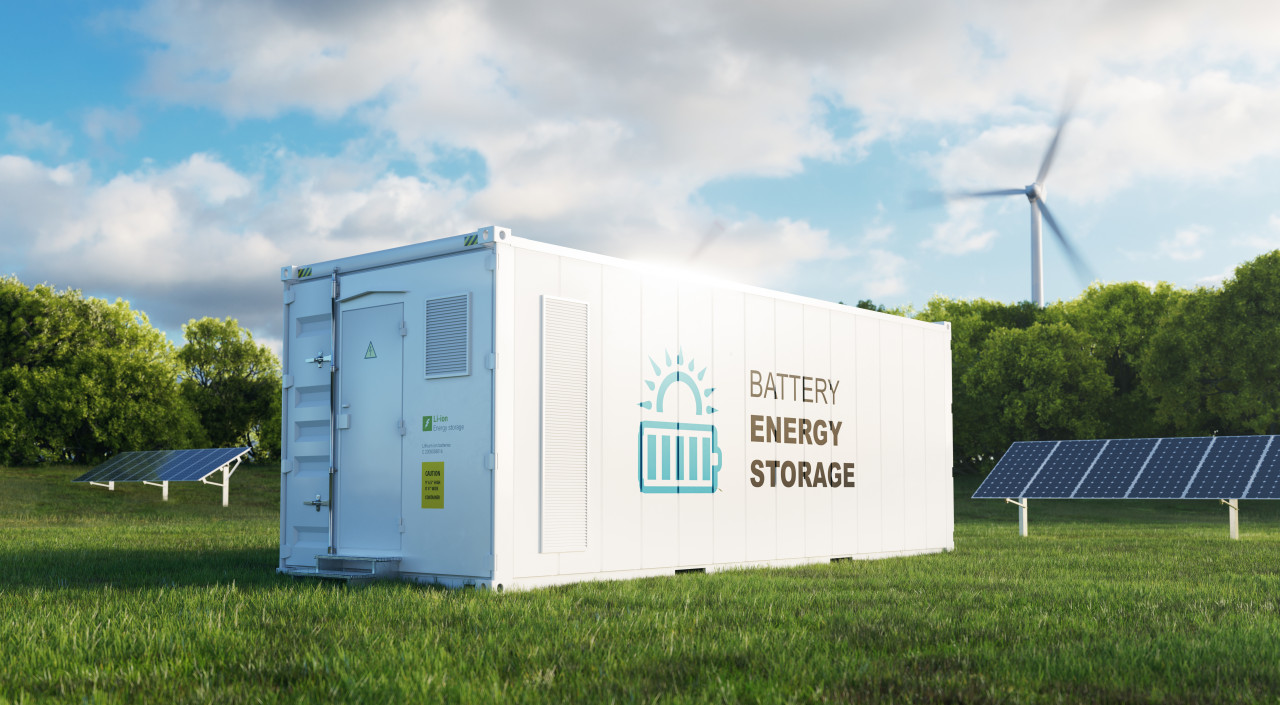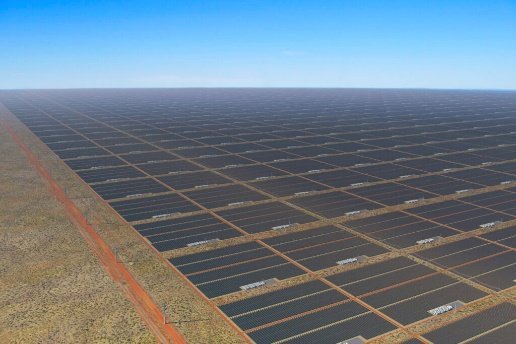COP29 summit to propose 1,500 GW energy storage target by 2030
This year's United Nations-backed climate change conference could adopt a target to increase worldwide energy storage capacity more than sixfold to 1,500 GW by 2030. To achieve this, the world would need to add ~158 GW of energy storage capacity each year.
The draft proposal, called the Global Green Energy Storage Pledge, is backed by the G7 group of the world's largest economies. It will be presented to representatives from 190 countries at the COP29 conference in Baku, Azerbaijan, in November, Bloomberg reported. The proposal also encourages countries to explore new types of battery chemistries which could be cheaper to make, while standardizing battery recycling processes to help reuse expired batteries.
Energy storage, mainly through pumped hydro storage, but increasingly through battery energy storage systems (BESS) and green hydrogen, allows countries to store renewable energy because of the intermittent nature of wind and solar power. The energy stored is then used during off-peak hours (mainly evening), when there is no sun and the wind doesn't blow as strongly.
The G7 agreed in April this year to target 1,500 GW of energy storage capacity by the end of the decade, up from the 230 GW target set in 2022. The world has already crossed this threshold, with data showing ~179 GW of pumped hydro storage capacity and ~85 GW of battery storage around the world as of last year.
Additionally, battery prices have been declining, making them cheaper. The International Energy Agency (IEA) believes batteries now cost 90 percent less than 15 years ago, Bloomberg NEF estimates the average cost of lithium-ion battery packs has plummeted to $139 per KWh in 2023 from ~$800 per KWh 10 years earlier.
Pairing batteries with solar panels can create cheaper alternatives to conventional power plants that run on fossil fuel, the IEA says. Analysts have warned though that prices need to fall further for demand to grow. Countries are also worried about supply shock due to their dependence on China for lithium-ion batteries.




















